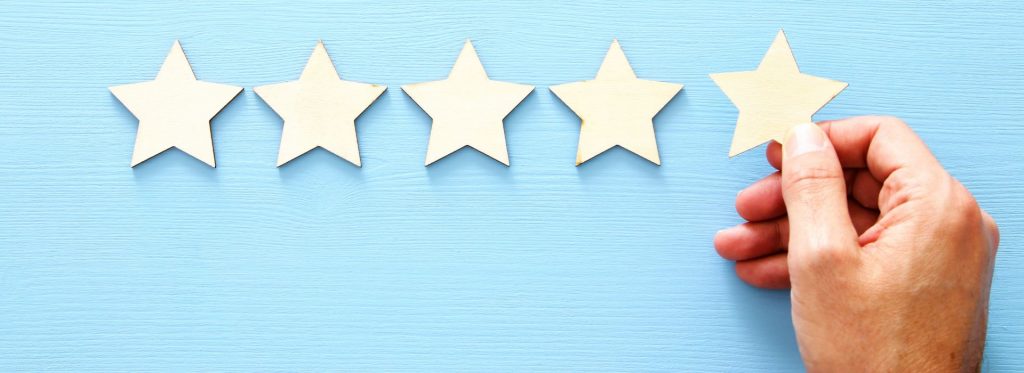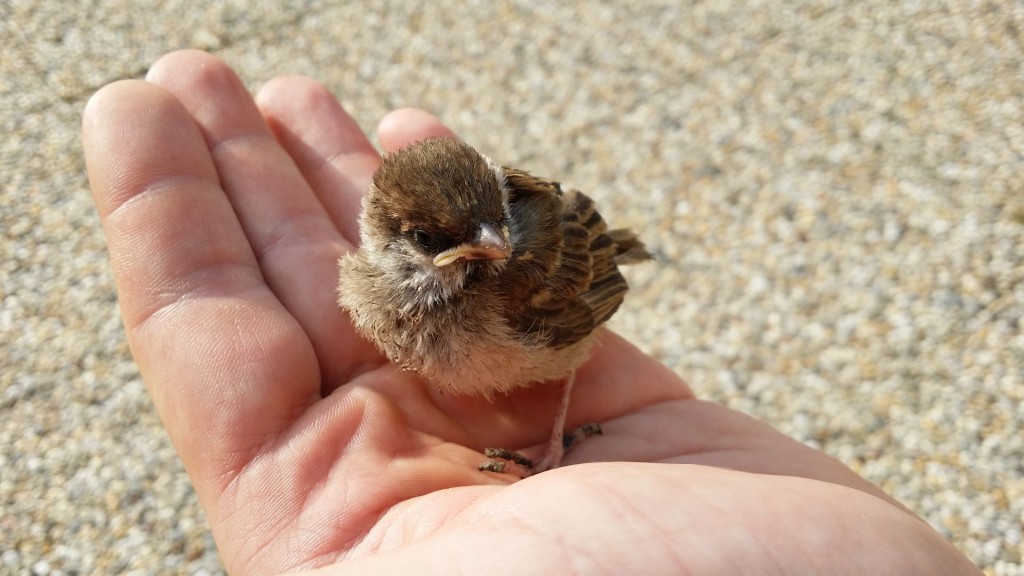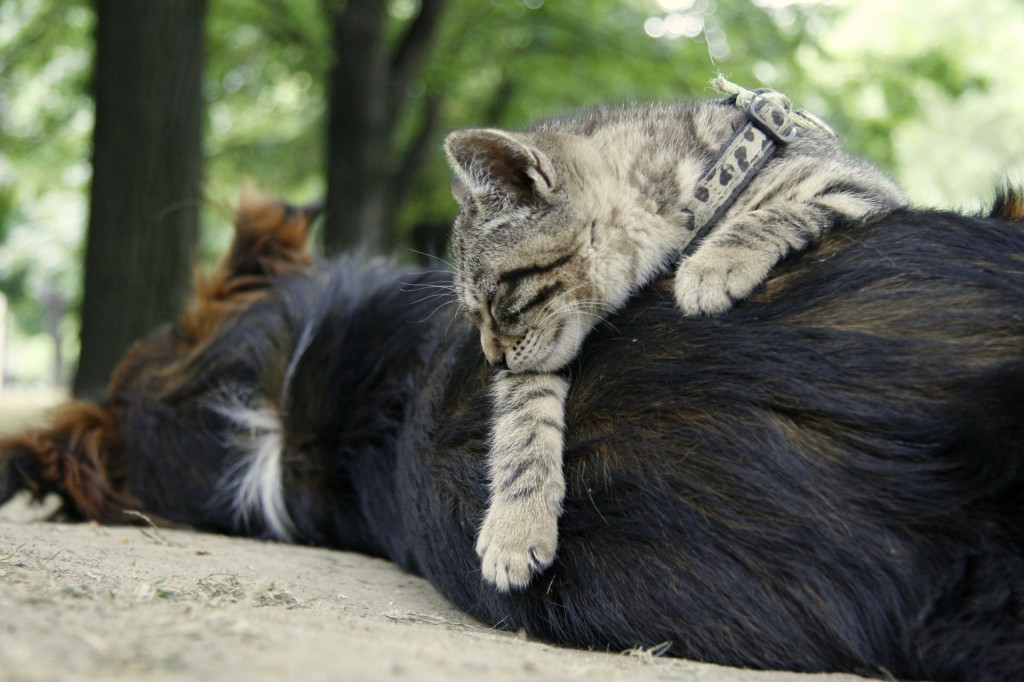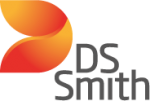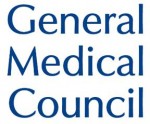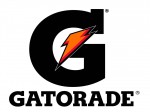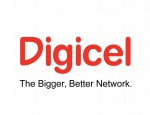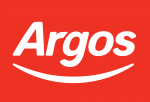Posted by Simon Savage
This week is World Autism Acceptance Week 2023, a week that supports and celebrates the 700,000+ autistic members of the UK.
Autism Spectrum Disorder (ASD) is one of many neurological differences included under the neurodiversity umbrella and can affect how people interact with others, communicate and learn, though it’s important to remember that everyone experiences neurodiversity differently.
Kathryn is currently completing a Level 5 Leadership and Management Apprenticeship with Fuel Learning and was officially diagnosed with ASD whilst completing her programme. After receiving her Insights Discovery profile and taking her Cognassist assessment, Kathryn began to understand her own neurodiversity which led her to pursue an official diagnosis.
We asked Kathryn to tell us more about her own experiences, whilst her diagnosis was ongoing.
What was your understanding of ‘neurodiversity’ before starting your programme with Fuel Learning?

I didn’t have any understanding of neurodiversity before starting the programme, I have heard of autism, dyslexia, dyscalculia, ADHD as separate entities, but didn’t know they were connected and under the same umbrella. I also didn’t know there were tests that could be done to uncover them.
What have you learnt about your own neurodiversity since starting your programme with Fuel Learning?
My first look into it was reading my insights profile, that seemed to be able to probe into my inner voice and thoughts and was spot on accurate (the first time I had seen it articulated for me to be able to show my family). One specific area being needing time to consider the answer to a question and this not being linked to a lack of knowledge, which has always been my fear – in my mind my lack of immediate processing the question and being able to answer it must be linked to a negative – being slow or stupid etc.
Then when I got the Cognassist results and report, it was like a jigsaw had been completed – I could finally rationalise and pinpoint the areas of high function (verbal and non-verbal memory) and areas requiring support (processing information). These aligned to life-long experiences, especially scientific short answer exam questions!
Tell us about the highlights of your journey with neurodiversity…
The absolute highlight is understanding myself, being able to articulate it to my family and starting on the journey to discover which neurodiversity I have. For me receiving a clinical diagnosis will be extremely positive.
Would you encourage others to find out more about neurodiversity? Why?

Whether you think you have a neurodiversity or not, I would encourage everyone to understand more about it. I know that my childhood was spent feeling separated from everyone around me (peers, family, friends) and I have learnt to mask my feelings and behaviours.
I am so happy that there is an understanding of neurodiversity now and that they are not seen as negative or disabilities, but just differences in looking or behaving in the world and instead of being hidden they can be bought into the light and children with them can be celebrated and encouraged to grow with them.
